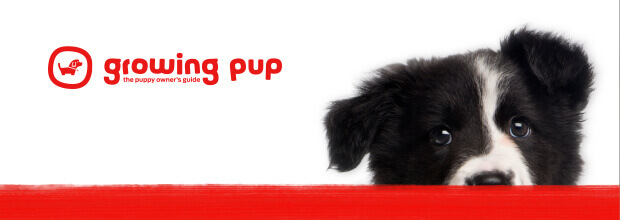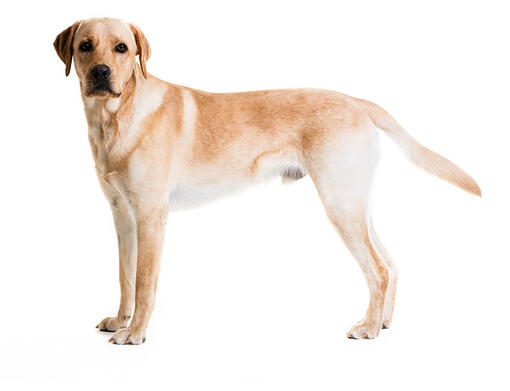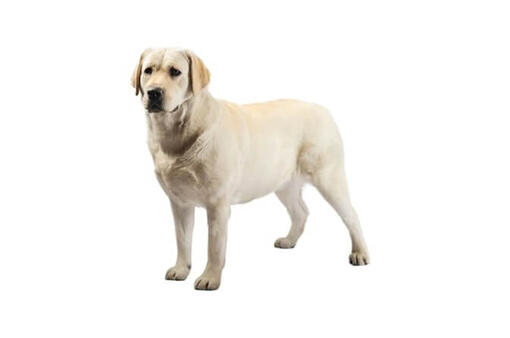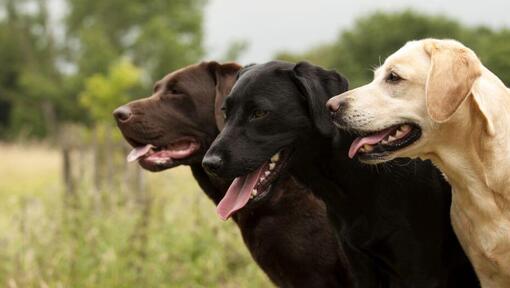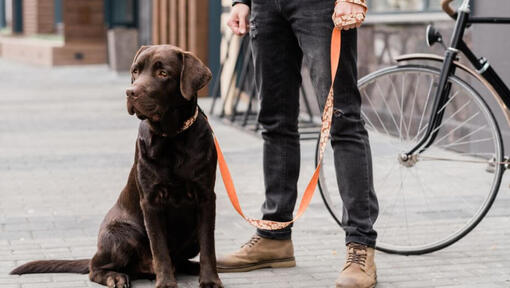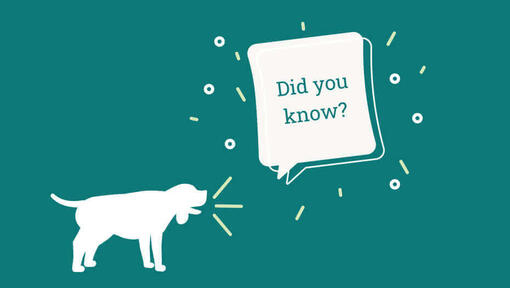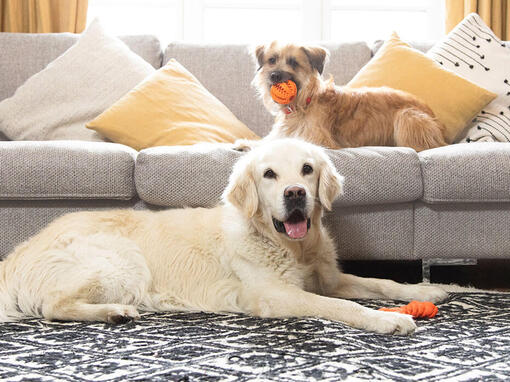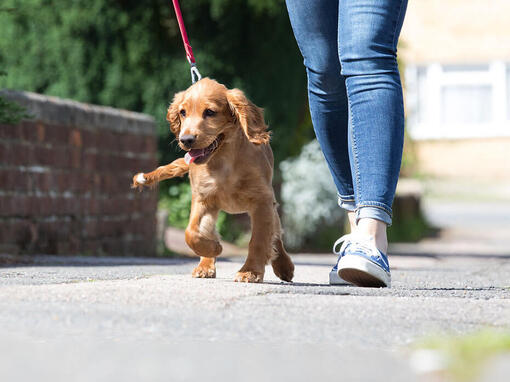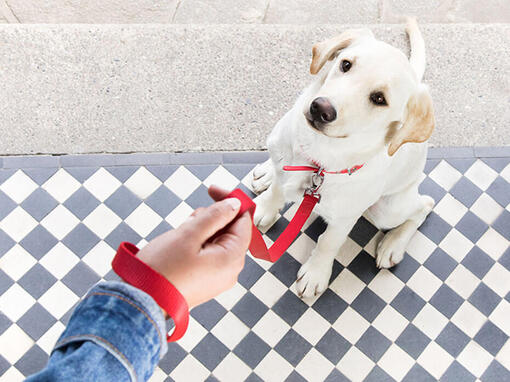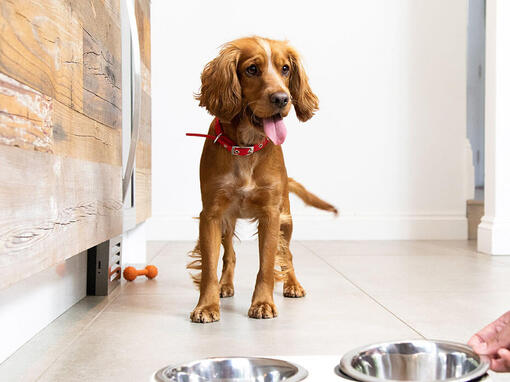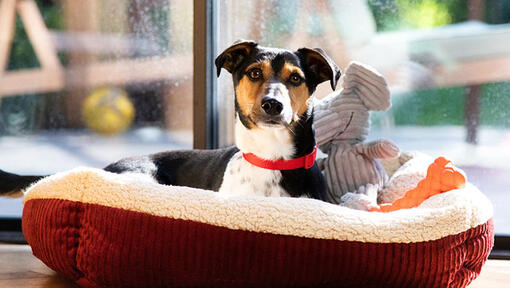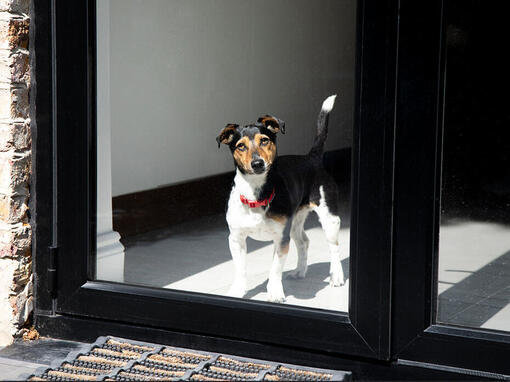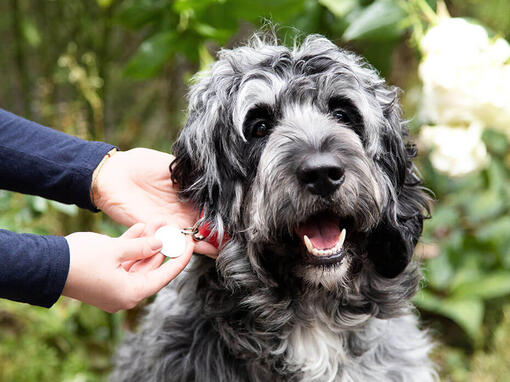Friendly, gentle, intelligent and eager to please, the Labrador Retriever is an ideal hunting companion and family dog. Developed in 19th-century Newfoundland as a water dog, the Labrador Retriever has a stable temperament and a kindly, outgoing nature. He is highly adaptable and trainable and thrives with active owners. His dense, water-resistant coat sheds seasonally and needs regular grooming.
DID YOU KNOW? In 2011, the Labrador Retriever was the most popular dog breed in the U.S., according to American Kennel Club Dog Registration Statistics.
ALSO KNOWN AS: Labrador


